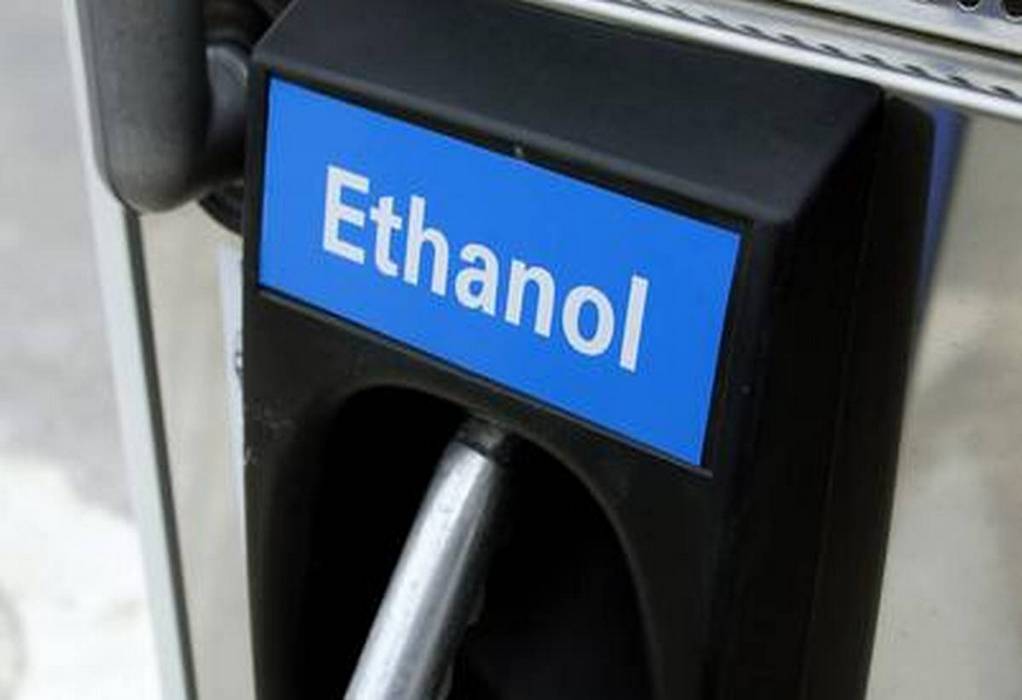India has achieved an average ethanol blending rate of 11.60 per cent in the first four months of 2023-24 supply year that started from November, against the 15 per cent target set by the government for the whole year.
This comes on the back of supplies of 1.8 billion litres of ethanol from both sugarcane-based molasses and also grains from November to February.
The government had in December last year banned the use of sugarcane juice and sugar syrup for making ethanol in the 2023-24 supply year. But it has claimed that this ban would not cast a shadow on the blending target.
Data sourced from private players showed that between November to February, around 57 per cent of the contracted supply of ethanol has been delivered by the sugar mills and distilleries.
So, according to industry experts, out of the 8.25 billion litres of ethanol supply tender opened by OMCs, bids equivalent to 5.62 billion litres were received from companies in the first offer (around 69 per cent of the tendered quantity).
Of the 5.62 billion litres, around 2.69 billion litres of ethanol was to be supplied by the sugarcane industry, while the balance of 2.92 billion litres was to come from grains.
In sugarcane-based molasses, around 1.35 billion litres would have come from sugarcane juice and 1.30 billion litres from B-heavy molasses, while a very small quantity from 0.04 billion litres from C-heavy molasses.
Ethanol is produced largely from sugarcane-based molasses or grain-based sources as feedstock in India.
In sugarcane, it is either through sugarcane juice or syrup, then B-heavy molasses and C-heavy molasses. There is a different procurement price for ethanol produced from each source.
Tags: Blend, Ethanol, India, Petrol



Recent Posts
Port of Brisbane Unveils Vision 2060 to Drive Smarter, Cleaner, and More Connected Future
Wärtsilä to Deliver Hybrid Propulsion Systems for Vertom Group’s New Low-Emission Vessels
Latvian port receives electric Konecranes Gottwald Mobile Harbor Crane
Sustainable Ocean Economy Vital for Human Development, Says UNDP at UN Ocean Conference
Green Hydrogen Costs in India Could Drop by 40%, Says IEEFA-JMK Report
Cavotec Secures €1.55 Million Shore Power Contract for Port of Antwerp-Bruges
APM Terminals and SANY Marine sign landmark agreement to accelerate decarbonisation
The Port of Gothenburg takes big step towards shore power connection for container and car/RoRo vessels